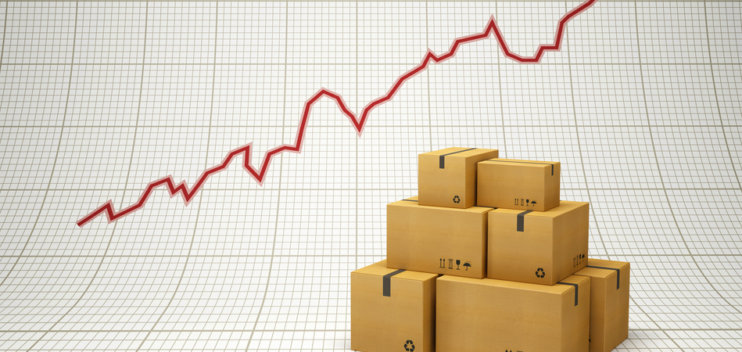Will demand slow? Many Logisticians have been working overtime in the past 18 months to meet their CEOs instructions to provide sufficient products for the ‘new’ demand. But, there are signs that the ‘good times’ may come to an end, with a potential reduction in consumer demand. Consumers may have purchased sufficient ‘stuff’ – where to put it? The abnormal … Read More
Inventory through supply chains has business value
Role of Inventory The role of Logistics is to provide Availability of items for end users. This requires the management of inventory to be a critical capability for a Logistician. A known factor is the cost of holding inventory, although often under-stated by companies. Less appreciated is the value of inventory to the business. Experiences of stockouts through the pandemic … Read More
Skill set for executives with roles in Supply Chains
Salaries and skills Since the term Supply Chains appeared, education, recruitment agencies and industry executives have debated the knowledge and skills that Procurement, Operations Planning and Logistics professionals should be able to discuss and demonstrate. Recently, Bastian Consulting, an Australian specialist supply chain recruitment firm, reported that it surveyed more than 500 supply chain executives in the Asia Pacific region … Read More
Data Quality in supply chains drives trust in decisions
Need for data quality The media provides many stories of new and developing technologies and applications. Usually not mentioned is the critical role that accurate data has in the value of outputs and the work required to ensure data accuracy. For end users to have trust in the data requires a commitment throughout an enterprise that data is an asset … Read More
A Response Management system for planning supply chains
Adapting to change Commentators are talking about mid to late 2022 for a return to a relatively balanced demand and supply situation in global supply chains, But that will not be the end of the matter; there will be more frequent (and likely severe) disruptions to supply chains in the future. This is not the first time that supply chains … Read More





